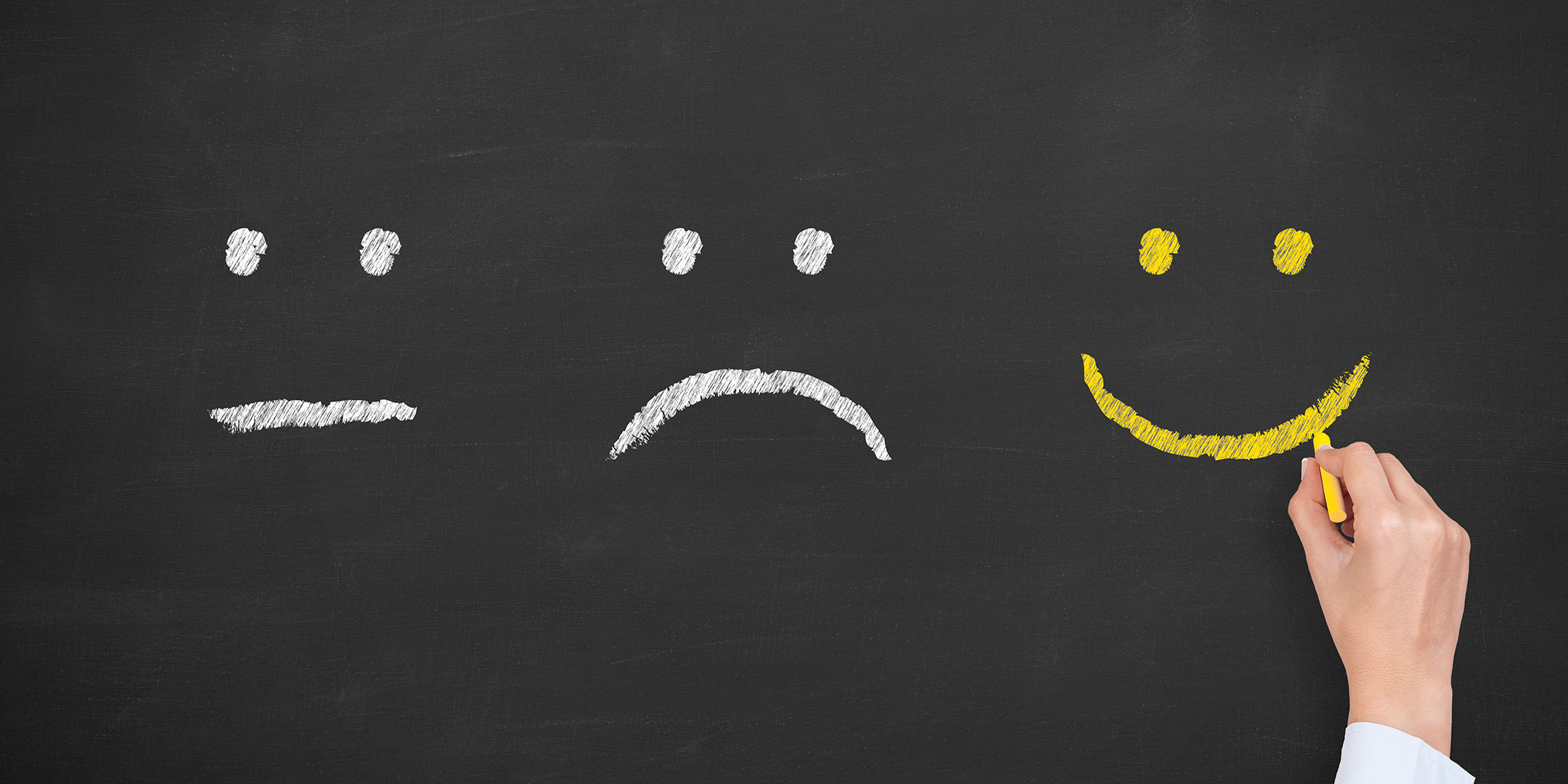Book Appointment Now

Emotional Health and Addiction
Your emotional health and stability plays a big role in your belief system and personality. The way you look at yourself, others and the world around you, is influenced by the presence of underlying issues.
Using harmful substances (medication, drugs, alcohol, etc.) may appear to assist in alleviating symptoms in the short term. One of the effects of substance abuse is that it makes emotional health worse. Also, abusing drugs, alcohol and pharmaceuticals, can actually bring on some mental health disorders. The use of drugs can push these individuals into a mental illness.
The effects of substance abuse on the body, both physical and psychological, are many and varied. Often there is an underlying mental health condition. One triggered by an emotional conflict. One that has not yet been diagnosed and that can be linked to substance abuse.

Emotional Wellness
Some emotional conflicts often responsible for the onset of addictive behavior are:
Depression, anxiety and guilt:
Internalized reservoirs of guilt, shame and anger contribute to a sense of depression. As do irrational thoughts concerning sense of control or the expectations one has set for themselves.
Those who are depressed are especially at risk for action-oriented addictions. These are addictions that revolve around activity and excitement that can serve as a distraction from their underlying addiction.
Emotional Numbness:
Repressed feelings can manifest and bring about a feeling of numbness. Intense feelings like this are often where one has suffered plenty of losses in the past. Not the least of which is abandonment – emotional or physical.
When someone becomes emotionally numb they become guarded and are unlikely to effectively cope with their emotions. The buildup of unexpressed emotions can drive a person towards addictive behavior as a way of coping with their feelings.
Addictions are tailor-made for those who are emotionally numb. It helps keep feelings at bay while simultaneously providing enough activity, sensations, crisis and excitement to counter the dead feelings inside and keep the addict feeling alive.
Anyone being treated for gambling, sex, shopping addiction needs to be screened for other mental illnesses for treatment to be most effective. These addictions are a very real problem, whether it is classified as psychiatric disorders, as behavioral addictions or as neither. They often co-occur with other mental illnesses or with substance abuse. They can trigger mental health issues and have far-reaching negative consequences.
Emotional Relief
When quitting drug use, substance addiction or any other type of addiction, many withdrawal systems mimic mental illness symptoms. Once drug use begins, the body stops producing certain chemicals. The drugs fool it into believing that enough are already present in the body. When the drug is stopped, the individual’s mental illness symptoms are worse than before, as the chemicals are even more out of balance than before the addiction / abuse of drugs. It is reported that approximately half of all people with mental illness abuse drugs.
AcuDetox gives the addict “a more optimistic and cooperative attitude towards the process of recovery, reduction in cravings, anxiety, and sleep disturbance, and less need for pharmaceuticals”. Studies have shown that Acudetox can relieve withdrawal symptoms, reduce cravings, ease stress and anxiety, improve sleep, lessen depression, and alleviate aches and pains.
This NADA protocol is a no-nonsense, non-verbal, drug/pharmaceutical free, and barrier-free approach to behavioural health using auricular (ear) acupuncture to detoxify the body. AcuDetox™ is the most powerful and fastest way in the world to remove toxins from the human body. The dual action of removing toxins from the body and assisting in addressing emotional triggers help reduce imbalance and recovery time.
AcuDetox (Acupuncture Detoxification), a simple 5-point protocol. Backed by research and results, it has brought relief to hundreds of millions of people.



